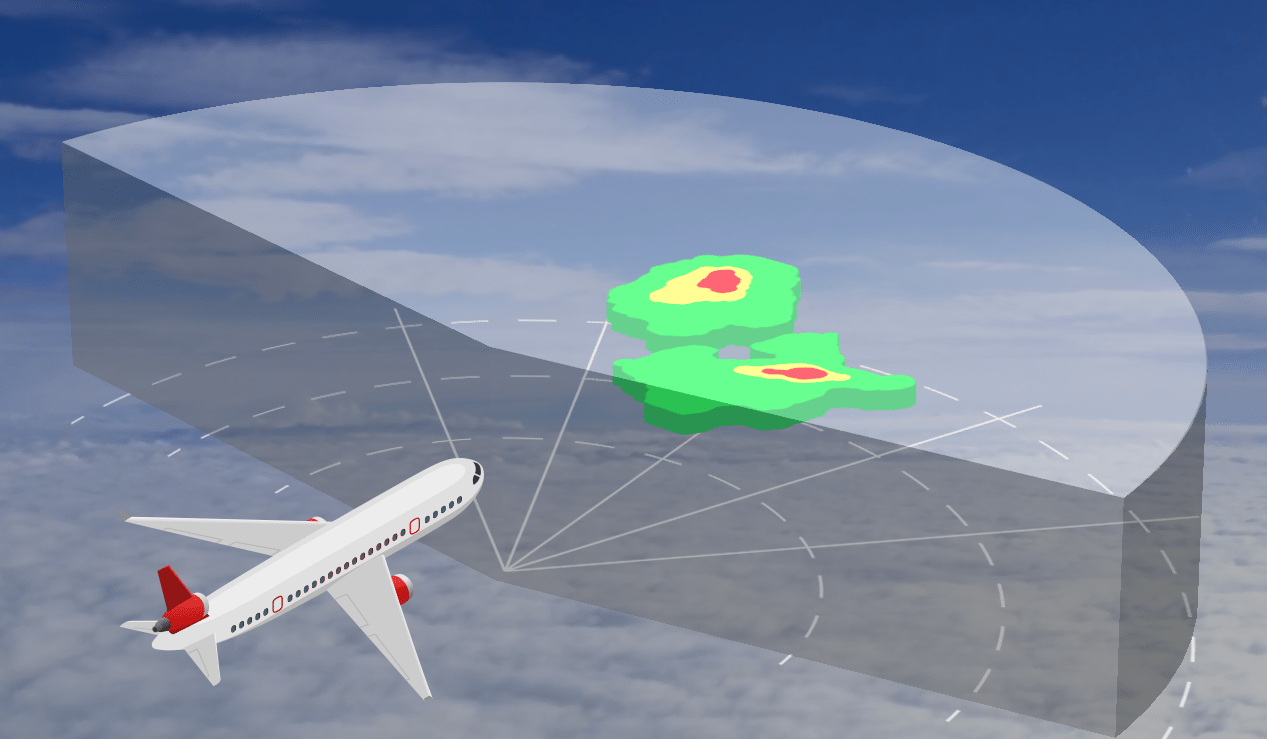 |
| The industry is working to combat turbulence from all angles. |
[Avionics Today 08-12-2016] Passengers on a JetBlue flight bound for Sacramento, Calif., experienced major bouts of turbulence on Aug. 12, which forced pilots to divert the plane to South Dakota and sent 22 passengers and crew to the hospital for minor injuries. With turbulence making headlines it can lead anyone to think: What is the aviation industry doing to better monitor and combat the phenomenon? We can tell you!
New apps, company partnerships, and crowdsourced data enabled by novel levels of connectivity in the cockpit are bringing turbulence monitoring into the next century. Check out our articles below to learn more about how the market is making use of fresh techniques and systems to make turbulence less of a nuisance to pilots and passengers alike.
1. American Airlines has deployed technology by WSI Corp. to enable real-time turbulence detection by bringing crowdsourced weather data into the cockpit and giving their pilots the ability to avoid or reduce the impact of turbulence on their flight operations. Read more here.
2. Honeywell’s IntuVue radar system is enabling crowdsourced and 3-D aircraft weather radar technology. Learn more about it in our in-depth interactive feature!
3. Commercial, business and general aviation operators across the industry are adopting new, innovative technologies to enhance the ability of pilots flying their aircraft to monitor severe weather and turbulence in real time. Find our more about the options available to operators of all aircraft types.
4. Airbus has partnered with Honeywell to deliver real-time weather information services to airlines with an Electronic Flight Bag (EFB) app that can better enable pilots to more easily navigate around possibly rocky areas. How does it work exactly? Check it out here!
5. With connectivity popping up in cockpits all across the globe, Panasonic’s TAMDAR technology is taking advantage of the hundreds of commercial aircraft are collecting and reporting critical weather observations in real-time across the globe to compile a continuous feed of detailed tropospheric data in four-dimensions. Read more about the company’s 4DAero EFB application!